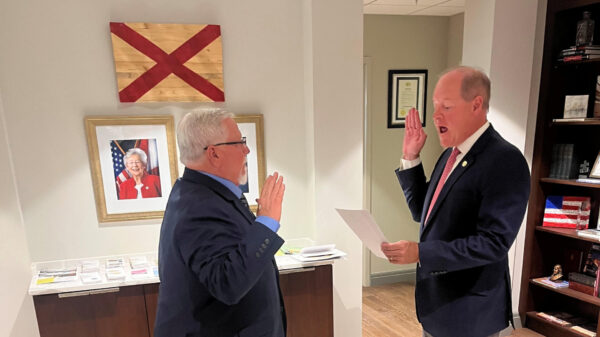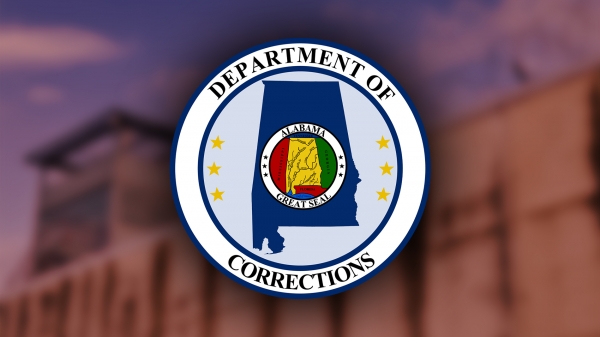The Alabama Board of Pardons and Paroles has adopted its first revisions to the state’s parole guidelines, following a statutory review required every three years. While the guidelines are not mandatory and do not provide a definitive picture of an offender’s overall parole readiness, the Board said the changes are designed to improve consistency and better reflect both risk and rehabilitation efforts.
According to the Board, the guidelines serve as a tool that provides a baseline score to evaluate an offender’s fitness for parole. However, they are used in conjunction with several other tools, including the inmate file, which contains information on static and dynamic risk factors, individual circumstances and input from stakeholders.
“The Board also considers an offender’s social and criminal history along with testimony provided at the parole hearing as it applies professional judgment to exercise its discretion to determine parole readiness,” the statement read.
The revised guidelines include a small increase in the weight assigned to the severity of an offender’s crime, particularly for offenses classified as sexual or violent. More emphasis will also be placed on multiple violent disciplinaries while in the custody of the Alabama Department of Corrections.
Offenders will now receive credit for completing higher education, obtaining a GED, or finishing a trade school program while incarcerated. In cases where an applicant’s final score is evenly balanced, a new neutral category has been added. A neutral score means the Board will rely more heavily on the full inmate file and the testimony provided during the hearing.
The Board also announced a process to allow prerecorded video submissions from parole applicants as part of its updated guidelines. These videos will serve as an additional tool and complement the Institutional Parole Officer’s Report, which is compiled prior to a parole hearing. The IPO Report includes information gathered during offender interviews and other relevant data from the Department of Corrections that may impact parole fitness.
All of these materials—including the guideline score, IPO Report, stakeholder input, and hearing testimony—are weighed by the Board as part of its comprehensive review.
As part of the most recent guideline evaluation process, the Bureau of Pardons and Paroles established a review committee to assist the Board in analyzing parole data and its relationship to the updated guidelines. The committee will meet every three months and provide ongoing feedback as the Board prepares for its next scheduled review.
Although state law mandates the regular review of parole guidelines every three years, it does not require changes to be made. The Board last considered revisions in February 2024, but voted at that time to make no changes.
With these updates, the Board said it aims to ensure that parole decisions continue to reflect both public safety priorities and the potential for rehabilitation.



















































